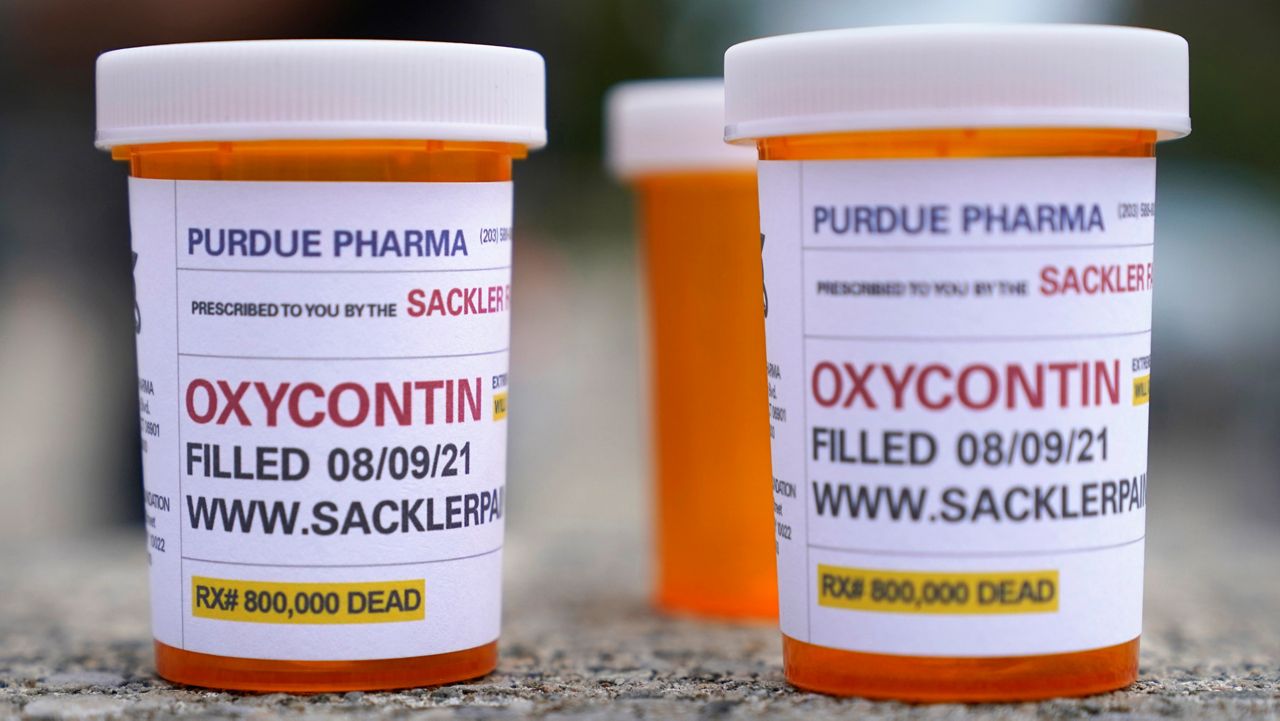The sprawling opioid epidemic has encompassed decades of advances in drugs that contribute to the problem and treatments that aim to curtail it.
Heroin and other opioids sparked the proliferation of methadone clinics in the 1970s, with subsequent alternative treatments surfacing in more recent years.
With thousands of people succumbing to opioid addiction each year, new solutions are always under review.
A recent University of California, Irvine study represents an early look at a new use for an old herbal remedy.
The study experiments with the plant extract Corydalis yanhusuo, which has been shown to reduce the addictive properties of morphine in mice.
The study is partly shepherded by Olivier Civelli, who holds a doctorate in biochemistry and is a professor of pharmaceutical sciences at the UCI School of Pharmacy and Pharmaceutical Sciences. Civelli, who was quick to say he's not qualified to prescribe treatments for humans, said the plant itself has long been used in Chinese medicine. And numerous online stores offer herbal supplements containing the extract.
He thinks it can help people with opioid addiction, too.
"What we found out is that this can reduce morphine tolerance and dependence," Civelli said.
All opioids are similar enough that if one treatment works on morphine, Civelli said, it's likely to work on other drugs — synthetic or naturally occurring — as well. His aim, he said, was to establish a proof of concept compelling enough for others to take the extract into human trials.
The Centers for Disease Control and Prevention reports that California's rate of increase in opioid deaths from 2018 to 2019 was 17.2%. In 2019, nearly 50,000 people died from opioid overdoses, or 70% of all drug overdoses that year. The crisis has appeared increasingly in the news as companies like Purdue Pharma, the maker of OxyContin, are under legal attack. That company is included in a recently released Hulu show called "Dopesick."
The show charts the course of opioid overprescription and the country's subsequent arrival at a national health crisis. Too much exposure to these drugs can lead to addiction and dangerous tolerance to the drug, leading to overdoses. This presents a problem for patients on prolonged opiate regimens.
Civelli hopes his research can lead to a powerful tool in the fight against addiction and overdoses. In theory, the plant extract under his scrutiny would be used along with opioid medications to reduce tolerance, thus limiting the addictive powers of the drug and the need to take larger amounts to achieve the same effects. It could be used to treat people already addicted or help protect people who need powerful pain relief medications for invasive surgeries.
Among the most famous treatments has been methadone, also an opiate, which helps wean people off the addictive effects of its stronger cousins. The idea is to replace a stronger, more addictive drug with a gentler, more sustainable one.
A lot more work has to be done before researchers can say this plant extract can replace methadone or other treatments or if it's best used in concert with existing regimens. Human use is still far off.
"There's no direct applicability to humans in our study, I don't have the right to do that. I'm not a doctor," he said.
His next step is to figure out everything that's in the compound and which elements are responsible for ameliorating addiction.
"Why is it when people take an opioid that they need to take more and more to feel the effects?," Civelli said. "If we can block that, then we have done something."



